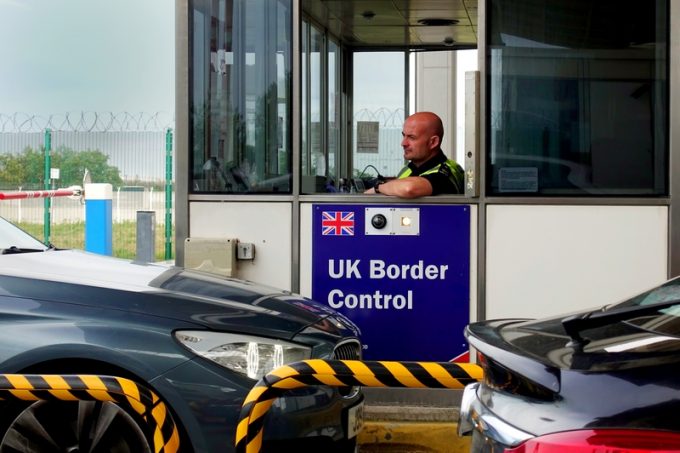EU 'frustration over what UK wants' as further trade talks loom
Supply chain operators are being warned not to get their hopes up of any imminent ...

Supply chain leaders have warned of increased costs, confusion and frustration as the UK today introduces the first stage of its Border Target Operating Model (BTOM).
The BTOM requires imports into the UK that are designated medium- or high-risk to be accompanied ...

Comment on this article